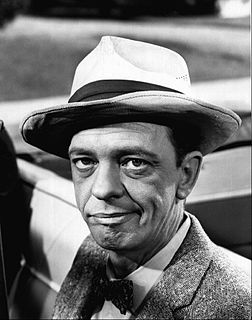A Quote by Bill Watterson
I always think of "Popeye" and "Barney Google" as quintessential comic strips in that old rollicky, slapstick way we've sort of lost.
Quote Topics
Related Quotes
I think in daily newspapers, the way comic strips are treated, it's as if newspaper publishers are going out of their way to kill the medium. They're printing the comics so small that most strips are just talking heads, and if you look back at the glory days of comic strips, you can see that they were showcases for some of the best pop art ever to come out.
Barney's Dad was really bad so Barney hatched a plan when his dad said "Eat your peas." Barney shouted no and ran Barney tricked his mean old dad and locked him in the cellar Barney's Mom never found out where he'd gone, Cause Barney didn't tell her. There his dad spent his life eating mice and gruel With every bite for fifty years he was sorry he'd been cruel
Saturday morning cartoons do that now, where they develop the toy and then draw the cartoon around it, and the result is the cartoon is a commercial for the toy and the toy is a commercial for the cartoon. The same thing's happening now in comic strips; it's just another way to get the competitive edge. You saturate all the different markets and allow each other to advertise the other, and it's the best of all possible worlds. You can see the financial incentive to work that way. I just think it's to the detriment of integrity in comic strip art.





























